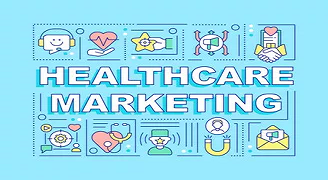
It is a specialized field that focuses on promoting health services and health care products. This marketing can include hospitals, clinics, pharmacies, and pharmaceutical companies. The goal of health marketing is to improve public awareness of health services and goods, encourage healthy behaviors, and increase access to health care. It is a set of activities that aim to promote health goods and services in order to improve the health of individuals and communities. Health marketing includes the use of traditional marketing strategies and techniques, such as market research, public relations, and advertising, but they are applied in a manner consistent with health values and principles.
Characteristics of health marketing:
1. Focus on the target audience: Health marketing requires a deep understanding of a specific audience and accurately identifying its health needs.
2. Legal and ethical compliance: Health marketing must adhere to laws and regulations related to public health and medicines, while taking into account ethical standards.
3. Education and guidance: Health marketing often includes educational elements aimed at increasing health awareness and directing people towards healthy behaviors.
4. Comprehensiveness: Health marketing includes all aspects of health care from prevention to treatment, and aims to provide accurate and up-to-date information.
Benefits and advantages of health marketing:
1. Improving public health: By disseminating health information and promoting healthy behaviors.
2. Increasing awareness of health services: Helps people learn more about the health services available to them and how to access them.
3. Encouraging preventive behaviors: Health marketing can lead people to adopt preventive behaviors such as vaccination and regular medical checkups.
4. Brand enhancement: Helps health institutions build and enhance their brand, which increases public confidence in them.
5. Improving communication with patients: Health marketing facilitates reaching patients and informing them of the services and products they need.
Disadvantages of health marketing:
1. High cost: Developing and implementing effective health marketing campaigns can be expensive, especially in large markets.
2. Intense competition: As the number of health institutions increases, competition for public attention increases.
3. Legal challenges: Health marketing may face legal challenges related to compliance with health and marketing regulations.
4. Bias and misleading advertising: If health marketing is not done ethically, it can lead to misleading the public with inaccurate or exaggerated information.
5. Psychological stress on the public: Excessive emphasis on health and health risks in advertising can cause unnecessary anxiety among the public.
Modern examples:
- Mayo Clinic: Known for providing high-quality health content online and connecting with patients through social media, it is a model for effective health marketing.
- CVS Pharmacies: Uses health marketing to offer loyalty programs and personalized health advice to its customers through smartphone apps.
- Cleveland Clinic: Uses educational videos and digital campaigns to spread awareness about new treatments and health services.
Health marketing is a vital tool to improve health awareness and promote health services. This type of marketing requires a combination of traditional strategies and educational content directed at improving the health of individuals and communities. While there are some challenges such as cost and legal compliance, the significant benefits that can be achieved make health marketing an indispensable tool in the health care industry.

20/08/2024
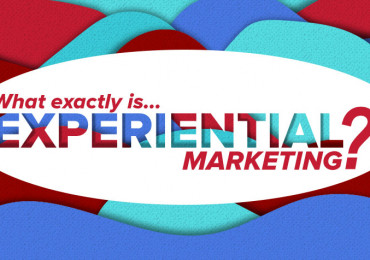
18/08/2024
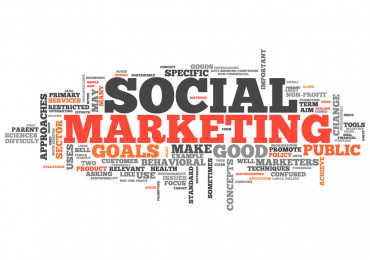
17/08/2024
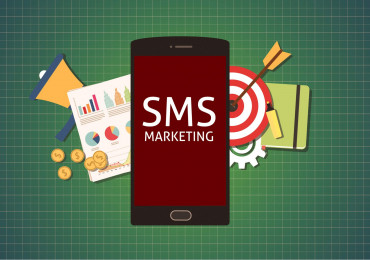
23/08/2024
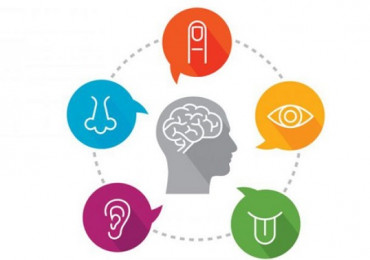
14/08/2024
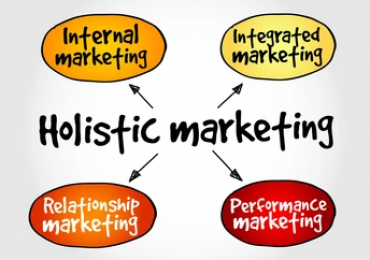
18/08/2024

18/08/2024

15/08/2024

30/08/2024

01/09/2024

17/08/2024

26/08/2024

31/08/2024

01/09/2024
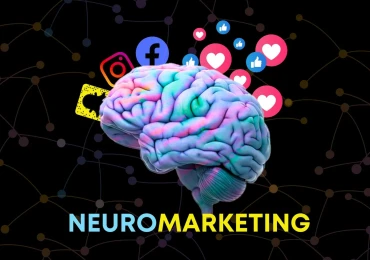
15/08/2024
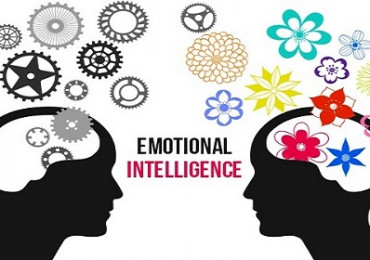
31/08/2024
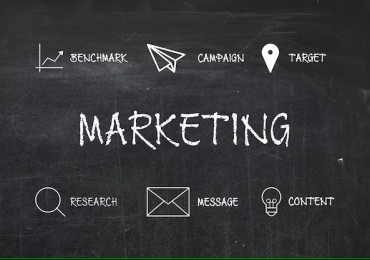
25/08/2024

26/08/2024

26/08/2024

23/08/2024